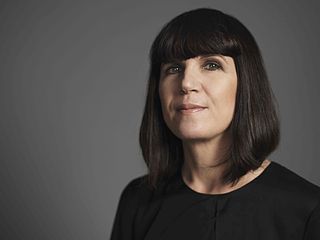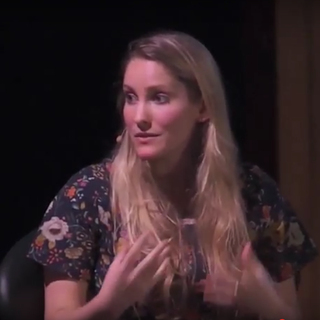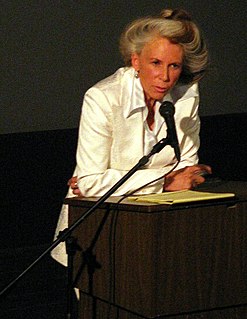A Quote by Emma Watson
Gender equality, historically has been predominantly a women's movement for women. But I think the impact of gender inequality and how it's affecting men hasn't really been addressed.
Related Quotes
There may be countries [where] there's no gender inequality in schooling, even in higher education, but [where there is] gender inequality in high business. Japan is a very good example of that. You might find cases in the United States where at one level women's equality has progressed tremendously. You don't have the kind of problem of higher women's mortality as you see in South Asia, North Africa, and East Asia, China, too, and yet for American women there are some fields in which equality hasn't yet come.
U.N. Women was created due to the acknowledgement that gender equality and women's empowerment was still, despite progress, far from what it should be. Transforming political will and decisions, such as the Member States creating U.N. Women, into concrete steps towards gender equality and women's empowerment, I think is one of the main challenges.
The problem in business isn't that women are overlooked because they are women, it's that most people subconsciously look to employ a mini-me. It's not a gender issue, it's about diversification full stop. It's hard to change that mindset and it hits women particularly hard because men historically have always been the recruiters.
I am a men's liberationist (or "masculist") when men's liberation is defined as equal opportunity and equal responsibility for both sexes. I am a feminist when feminism favors equal opportunities and responsibilities for both sexes. I oppose both movements when either says our sex is THE oppressed sex, therefore, "we deserve rights." That's not gender liberation but gender entitlement. Ultimately, I am in favor of neither a women's movement nor a men's movement but a gender transition movement.
I've been a staunch advocate of women's empowerment, and I've worked hard throughout my career to advance the cause. It is heartening to see that gender equality is really becoming more of a reality. There is still much more to be done, and I'm confident that, by working together, we can empower women worldwide.
I think the way we look upon gender is that we're realizing that we're not that different, which is a good thing. The United States needs to come further with that. In the Scandinavian countries, we've come further when it comes to gender politics and how we look upon gender and how women are treated in general.
Feminism is a belief that although women and men are inherently of equal worth, most societies privilege men as a group. As a result, social movements are necessary to achieve political equality between women and men, with the understanding that gender always intersects with other social hierarchies.



































